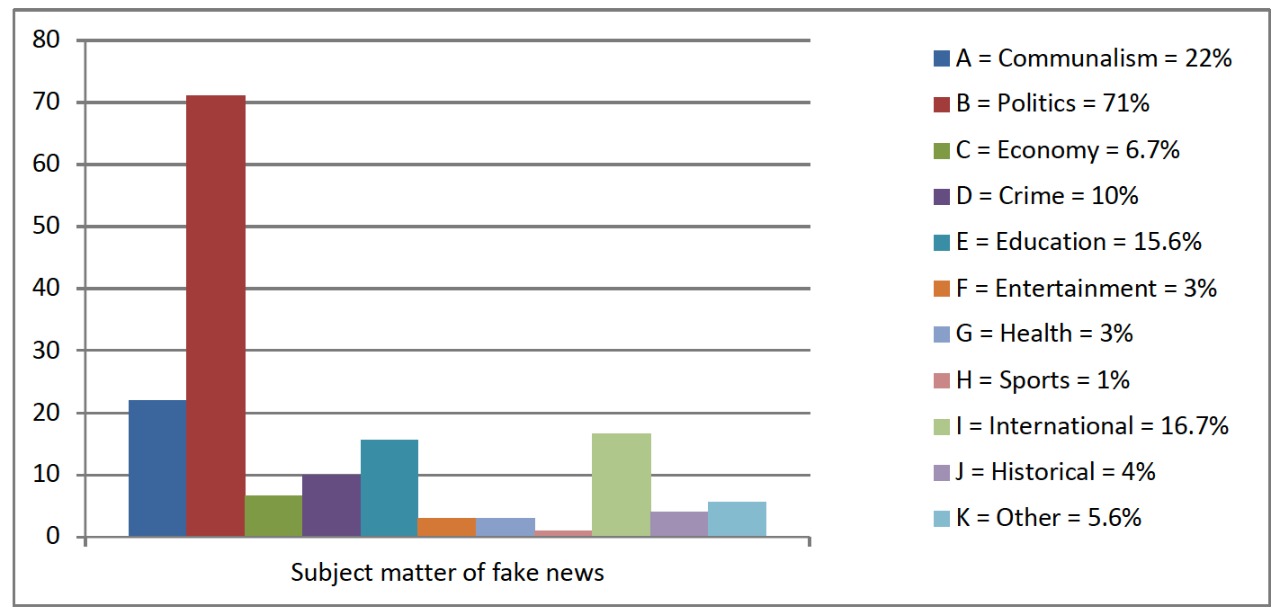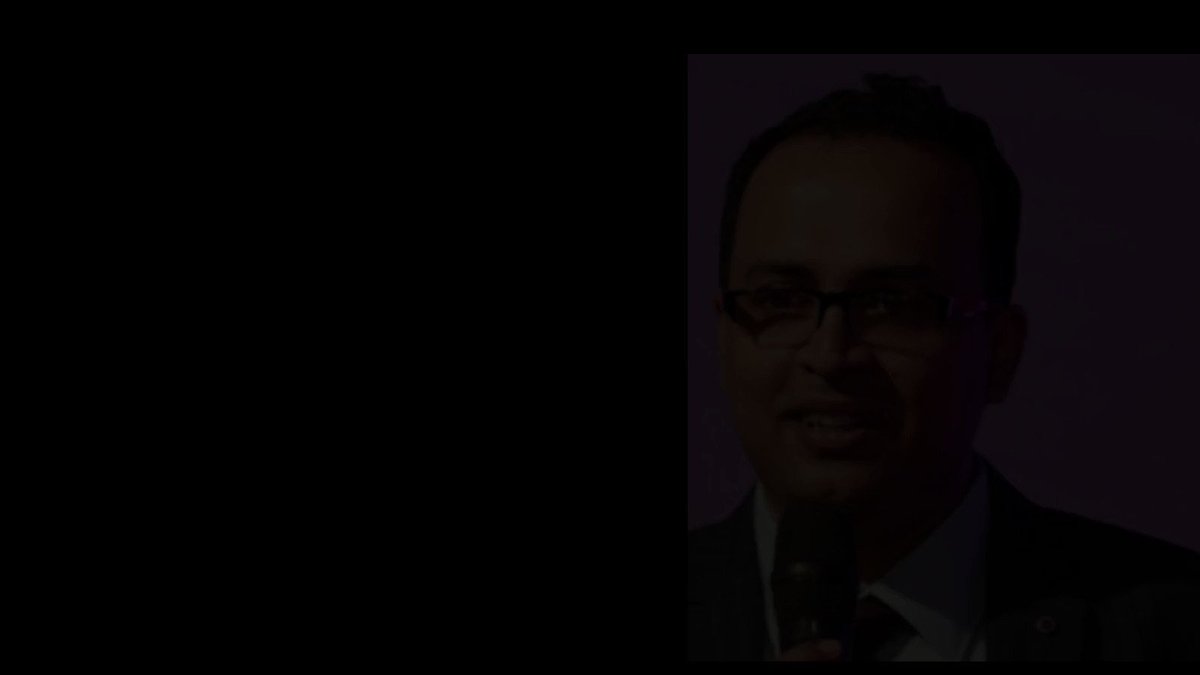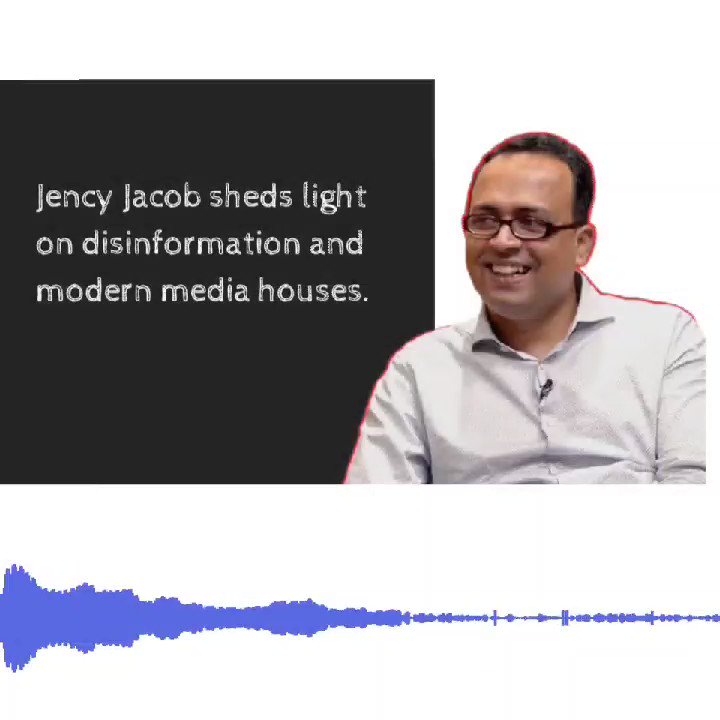Rashi Mishra
3:05
3:36
3:39
3:40
3:42
3:43
3:45
3:47
3:48
3:52
3:54
3:57
3:57
4:00
4:00
4:07
4:08
4:09
4:10
4:12
4:13
4:14
4:21
4:21
4:23
4:25
4:26
Connecting…











